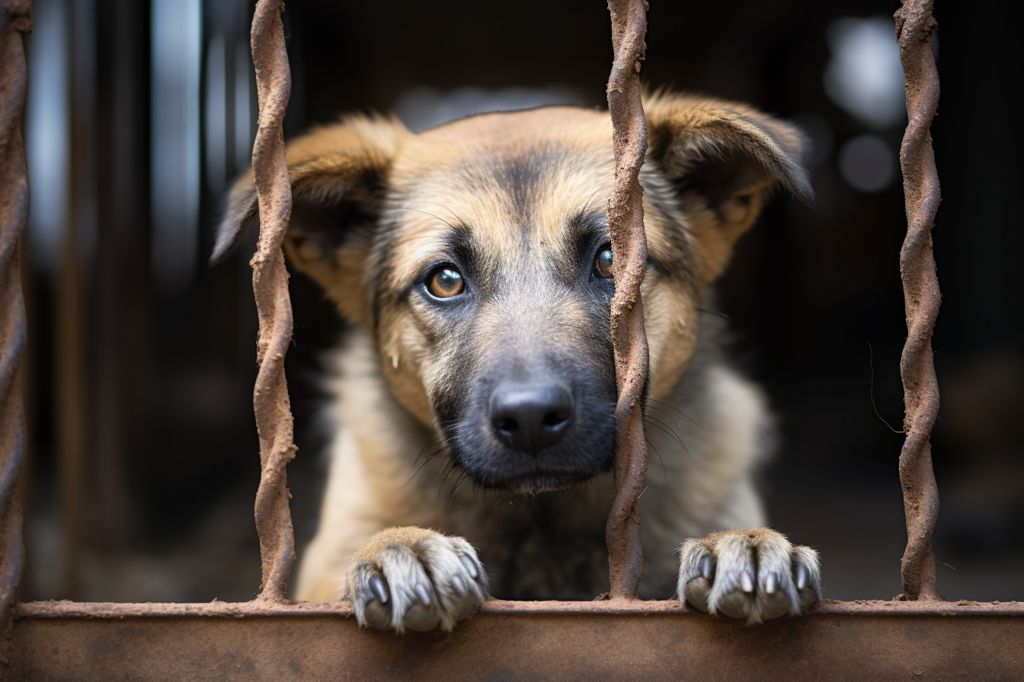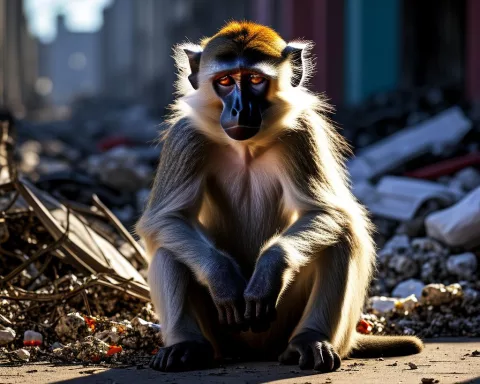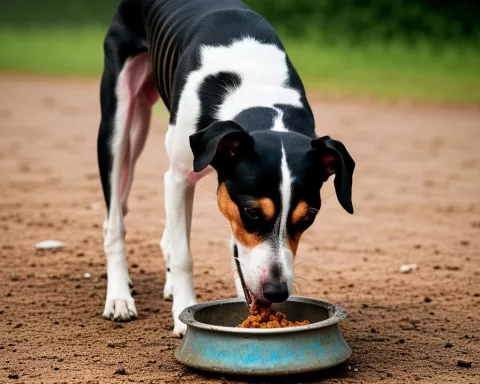A Plea for Help: The NSPCA’s Relentless Pursuit of Justice
In these times where empathy appears to be in short supply, organizations like the National Society for the Prevention of Cruelty to Animals (NSPCA) serve as a source of hope for vulnerable animals. With their unyielding commitment to seeking justice for animals subjected to heinous acts of cruelty, the NSPCA is once again appealing to the public for support in eradicating animal abuse.
An alarming case that recently jolted the animal welfare community was that of a snake being force-fed alcohol, thought to be Carling Black Label beer. The NSPCA became aware of this appalling act through video footage; however, the video’s origin and the identities of the guilty parties are still a mystery.
In their efforts to apprehend these culprits, the NSPCA posted on Facebook, requesting anyone with information about the incident, the individuals involved, or the video’s origin to reach out to their Special Projects Unit. This plea for help highlights the organization’s unwavering dedication to securing animal welfare and its resolve to ensure those responsible are held accountable.
Notable Cases: The NSPCA’s Ongoing Fight against Animal Cruelty
This incident is merely one of many examples of animal cruelty that the NSPCA persistently combats. Another significant case involved Julius Malema, the leader of the Economic Freedom Fighters (EFF). Malema faced criticism after a video emerged on social media displaying him stabbing a cow during the party’s 10th-anniversary celebrations.
The distressing footage, which sparked widespread outrage, revealed Malema using two small knives to repeatedly stab the cow in the head. Shockingly, reports indicate that Malema twisted the knife into the fully-conscious animal’s poll over 60 times. Appalled by this atrocious act of cruelty, the public inundated the NSPCA with complaints.
In reaction, the organization carried out an in-depth investigation and subsequently filed criminal charges against Malema for breaching the Animals Protection Act. The NSPCA is now collaborating with law enforcement and the National Prosecuting Authority (NPA) to guarantee a thorough investigation and prosecution of the case.
Jacques Peacock, an NSPCA spokesperson, emphasized the importance of holding those who harm animals accountable. He stated that doing so sends a firm message that animal cruelty will not be accepted in society. Referring to the cow’s suffering at Malema’s hands, Peacock’s statements act as a powerful reminder of the urgent need for robust animal welfare laws.
Overcoming Challenges: The Importance of Public Support
The obstacles encountered by the NSPCA in their quest for justice are vast and diverse. From locating the origins of shocking videos to navigating the intricacies of the legal system, the organization remains resolute in its mission to shield innocent creatures from pain.
In the face of such difficulties, public support becomes a vital component of the NSPCA’s work. By raising awareness, sharing information, and holding perpetrators accountable, society can play an essential part in ensuring that animal cruelty is eradicated.
The cases of the snake and the cow, though different in nature, both reflect the gut-wrenching reality experienced by countless animals at the mercy of humans. Whether due to cultural practices, ignorance, or sadistic tendencies, the suffering these innocent beings endure is undeniable.
As the NSPCA proceeds with its fight against animal cruelty, it is the responsibility of each individual to support their mission. By advocating for those who cannot speak for themselves, we can help build a more compassionate and equitable world for all living creatures.












